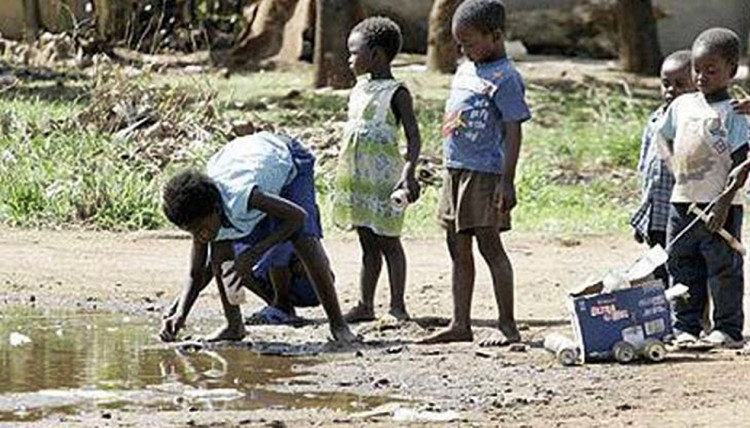Oxfam is calling on governments worldwide to do more to tackle the root causes of poverty and wealth inequality by taxing the rich more and adequately finding services that benefit the poor.
This organization, which is among the leaders in the international fight against poverty, accuses governments of worsening the already wide gap between the rich and the poor by under-taxing corporations and the wealthy, while under funding public services or the poor. As a solution to both problems, Oxfam urges governments to increase taxes on the wealth of the world's richest 1 percent.
Oxfam contends that adding half a percent to taxes on the wealth of the world's richest 1 percent will raise more than enough money to educate 262 million children and provide healthcare that could save up to 3.3 million lives.
Unfortunately, taxes on the rich and on corporations are steadily being reduced or eliminated in wealthy nations, and are hardly implemented in the developing world. Oxfam said tax rates for corporations in rich countries plunged from 62 percent in 1970 to 38 percent in 2013. On the other hand, the average tax rate in poor nations now stands at 28 percent.
Oxfam also noted that in some countries such as Brazil, the poorest 10 percent are paying a higher proportion of income tax than the wealthiest 10 percent.
Winnie Byanyima, Executive Director of Oxfam International, said government heads must reevaluate their systems in order to address poverty and mitigate widening wealth inequality.
"Governments must now deliver real change by ensuring corporations and wealthy individuals pay their fair share of tax and investing this money in free healthcare and education that meets the needs of everyone -- including women and girls whose needs are so often overlooked," she said.
Byanyima argued the size of one's bank account should not dictate how many years your children spend in school, or how long you live. This situation, however, is the reality in too many countries across the globe.
It is scandalous that while corporations and the super-rich enjoy low tax bills, millions of girls are denied a decent education and women are dying for lack of maternity care.
Oxfam said the wealth of more than 2,200 billionaires across the globe had increased by $900 billion in 2018 or $2.5 billion per day. On the other end, the poorest half of the world saw its wealth plunge by 11 percent in that same year.
As a result, the number of billionaires owning as much wealth as half the world's population was reduced from 43 in 2017 to 26 last year, a clear indication the super-rich have gotten much richer. In 2016 the number was 61.
Oxfam's appeal and information about the widening disparity in wealth between the rich and poor are contained in a new report titled "Public Good or Private Wealth."
The report was released to coincide with the start of the 2019 World Economic Forum in Davos, Switzerland where the world's wealthiest nations and some of the wealthiest individuals will meet to plan on how to increase their already considerable wealth.






